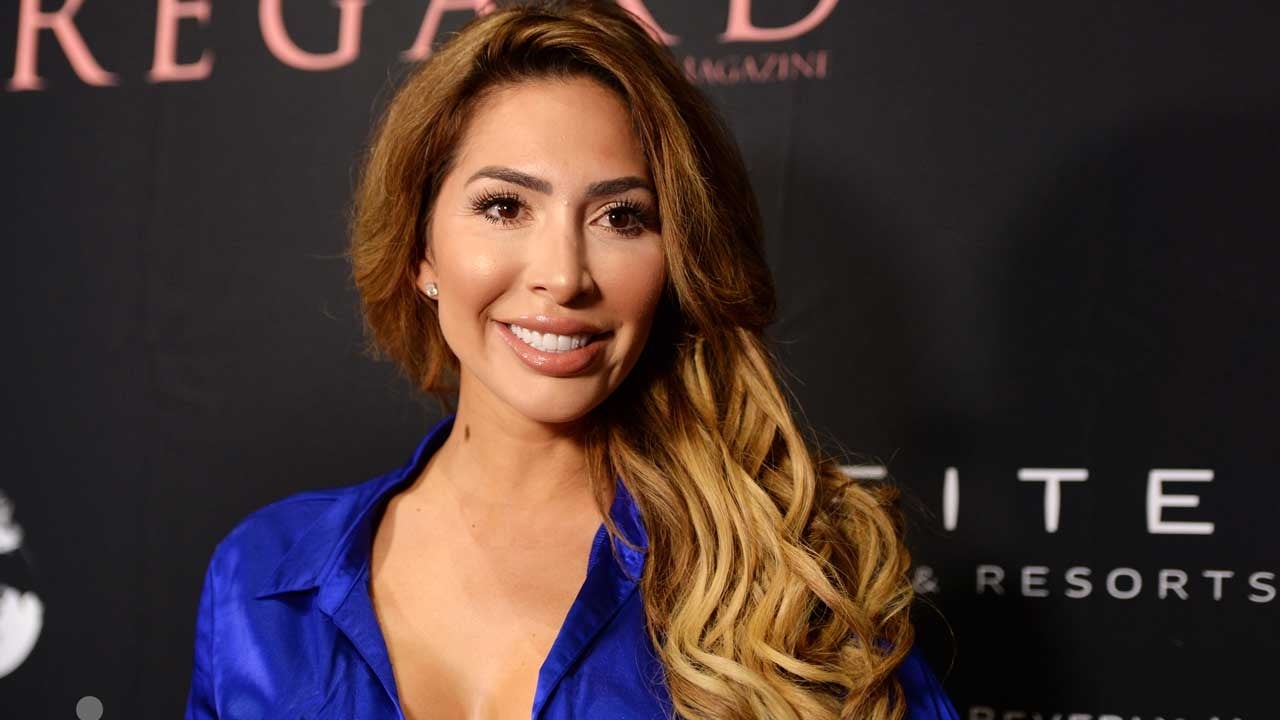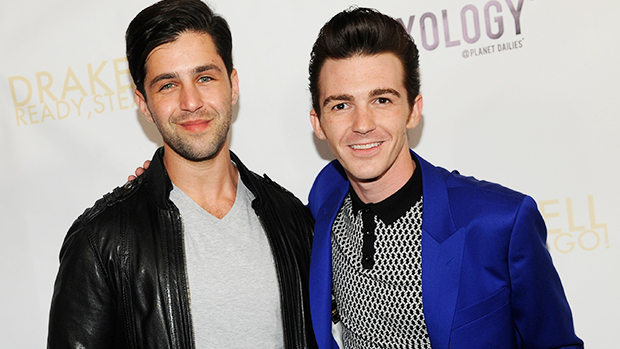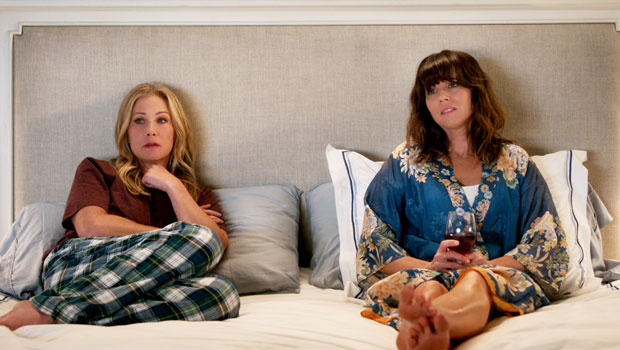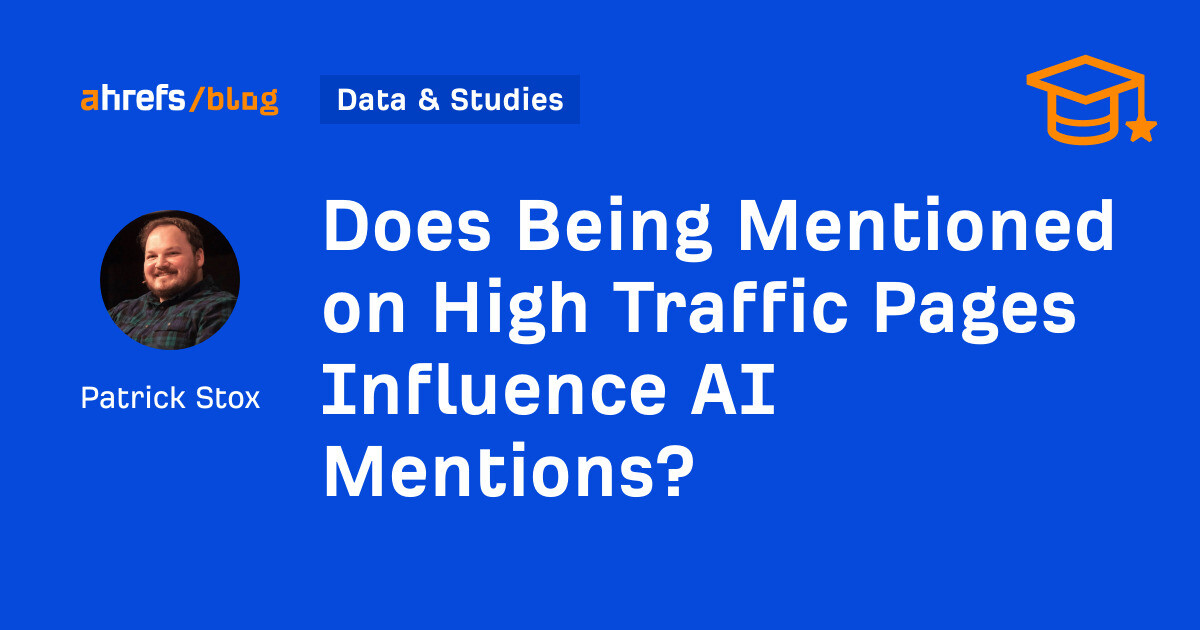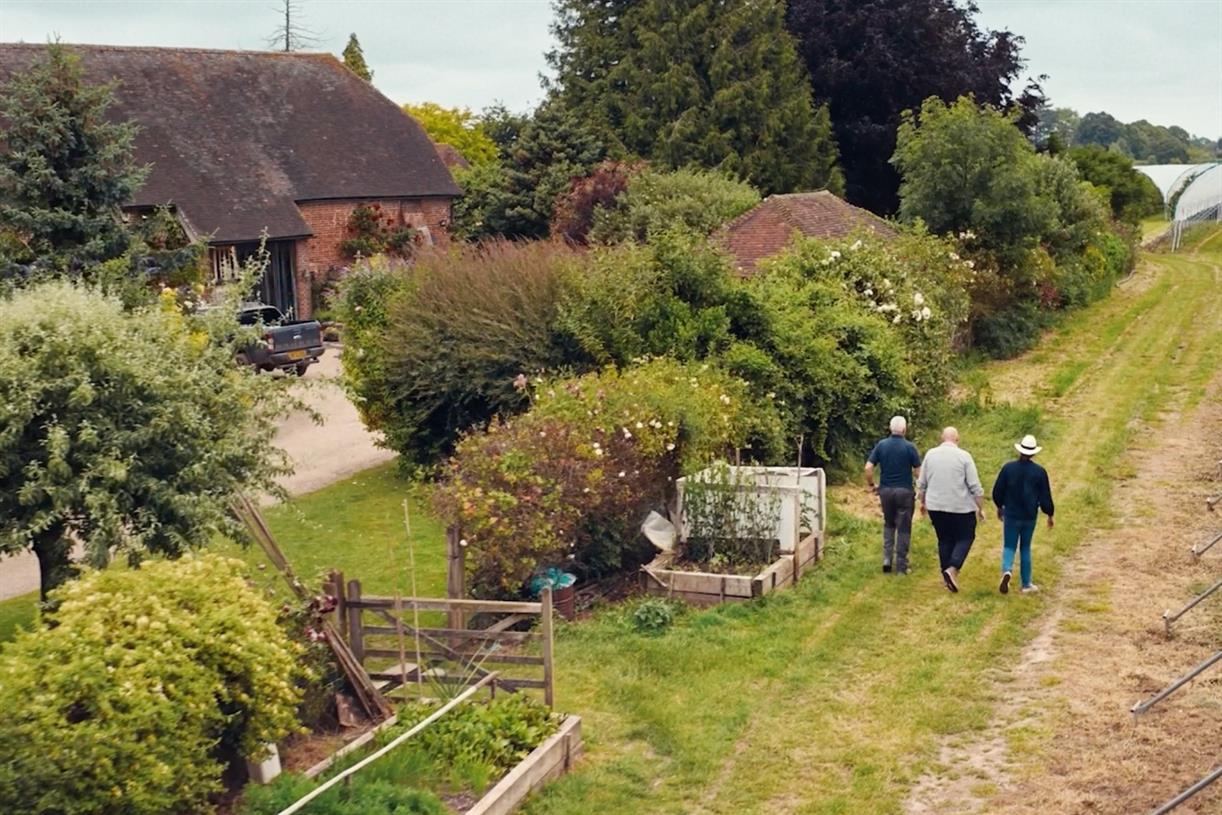TIFF 2022 Women Directors: Meet Frances O’Connor -“Emily”
Frances O’Connor is an Australian-English actress living in London who is best known for her film roles in “Mansfield Park” and “The Importance of Being Earnest.” Her TV credits include “Madame Bovary” and “The Missing.” Her performance in both...

Frances O’Connor is an Australian-English actress living in London who is best known for her film roles in “Mansfield Park” and “The Importance of Being Earnest.” Her TV credits include “Madame Bovary” and “The Missing.” Her performance in both shows earned her a Golden Globe nomination for Best Actress. “Emily” marks her directorial debut.
“Emily” is screening at the 2022 Toronto International Film Festival, which is running from September 8-18
W&H: Describe the film for us in your own words.
FO: In the depths of Yorkshire, a young, reclusive artist struggles to become her true self, finally triumphing over destructive forces to create her masterpiece.
W&H: What drew you to this story?
FO: Emily Bronte has always been a touchstone for me in my life. She was someone who was so authentically herself and I wanted to tell a story that would bring her into consciousness for young women now.
W&H: What do you want people to think about after they watch the film?
FO: They can think whatever they want to! Maybe simply, it’s okay to just be yourself, whoever that is.
W&H: What was the biggest challenge in making the film?
FO: Negotiating the remote locations on the Yorkshire dales through adverse weather conditions, which was physically demanding for the cast and crew, and time was limited.
And also the edit, as I was learning this process for the first time and it’s a steep learning curve, but through all the challenges, I still loved every minute of it.
W&H: What inspired you to become a filmmaker?
FO: I wasn’t content with just acting anymore and I felt I had stories that I wanted to explore and create. Watching many wonderful directors I have worked with do their thing often inspires me, too.
W&H: What’s the best and worst advice you’ve received?
FO: Any advice, good or bad, helps to solidify your own opinion.
An editor friend suggested that letting a scene breathe more would make it play faster, which it did. That was good advice.
W&H: What advice do you have for other women directors?
FO: I’m just starting out as a director. I don’t really feel I have earnt the right yet to give advice! But get good people around you who believe in you and you enjoy working with.
W&H: Name your favorite woman-directed film and why.
FO: “Bright Star” by Jane Campion — a beautiful, human, gentle, and quiet love story. “Lady Bird” by Greta Gerwig — just a gorgeous funny script and an elegantly executed film. “Point Break” by Kathryn Bigelow — such assured storytelling and exciting filmmaking.
W&H: What, if any, responsibilities do you think storytellers have to confront the tumult in the world, from the pandemic to the loss of abortion rights and systemic violence?
FO:I think if you are a woman and you are telling a story, a film from your perspective, you will naturally be contributing to changing the world’s perspective, but overt films are also necessary. I loved the French film “Happening” by Audrey Diwan – it feels very timely and is political by being personal.
W&H: The film industry has a long history of underrepresenting people of color onscreen and behind the scenes and reinforcing — and creating — negative stereotypes. What actions do you think need to be taken to make Hollywood and/or the doc world more inclusive?
FO: I think change is happening on all fronts regarding this, but we still have a way to go.

 ValVades
ValVades 








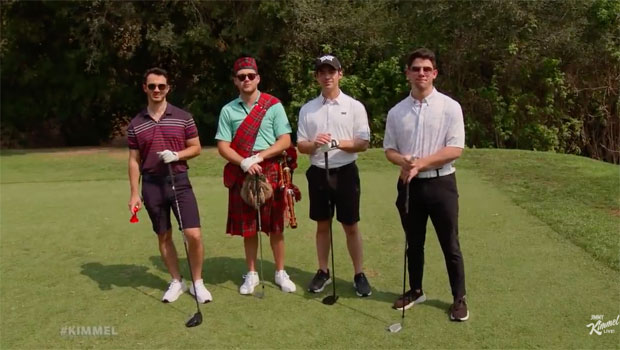
![‘Scream’ Shocker: [Spoiler] Returns In First Appearance Since Original Movie](https://hollywoodlife.com/wp-content/uploads/2022/01/Scream-ftr.jpg)
